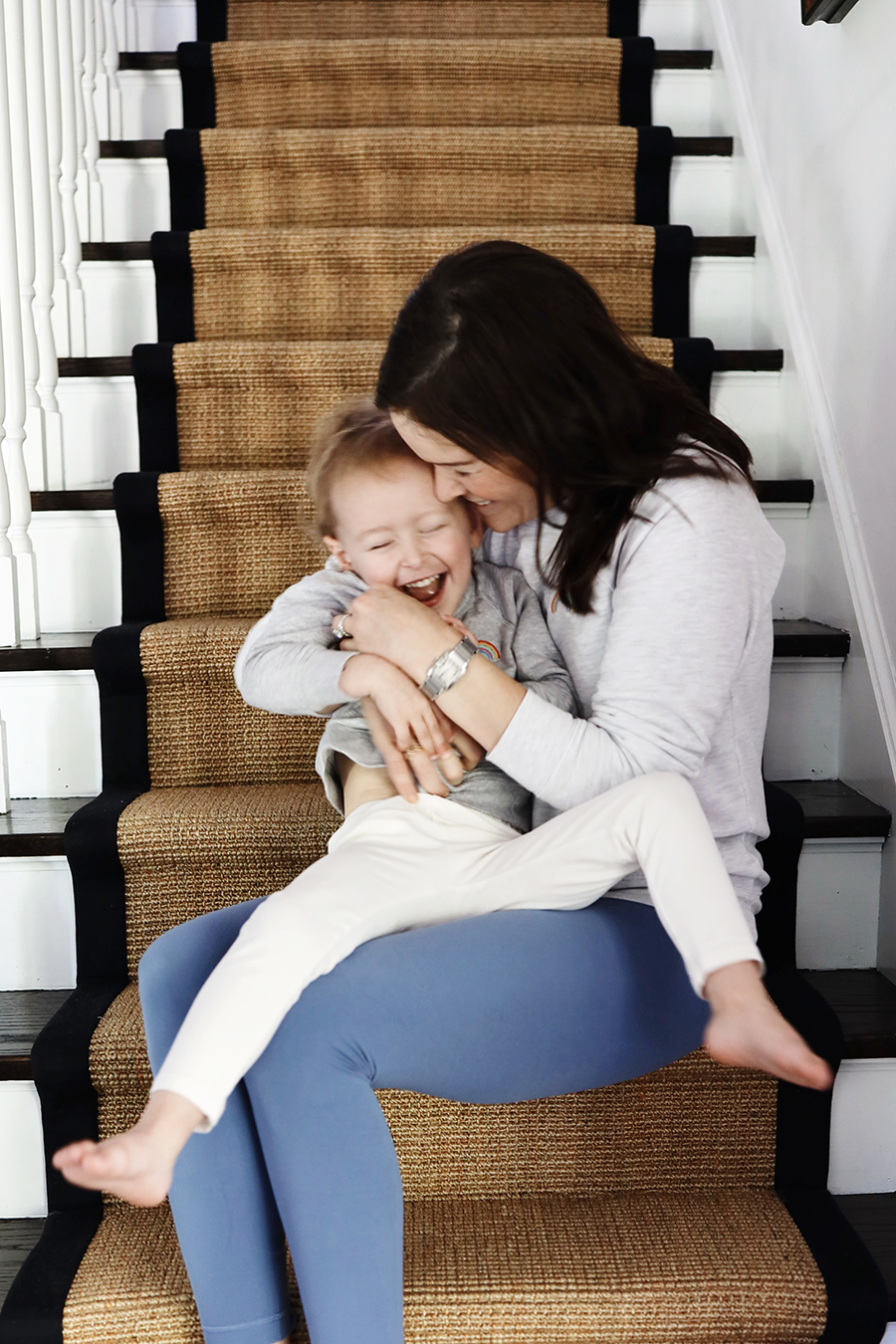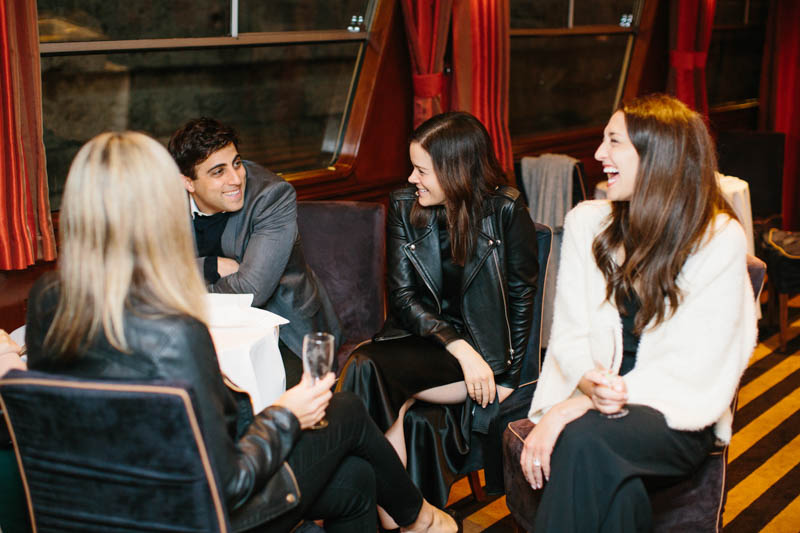Wellness
How To Find a Hobby You Love When You’re an Adult
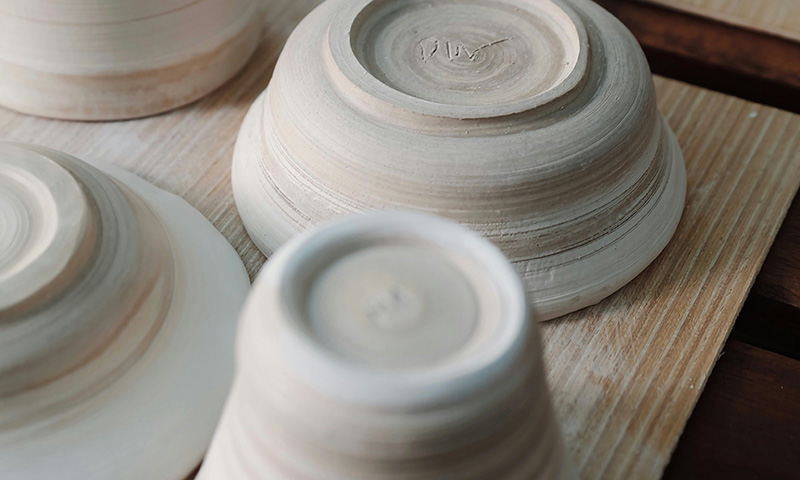
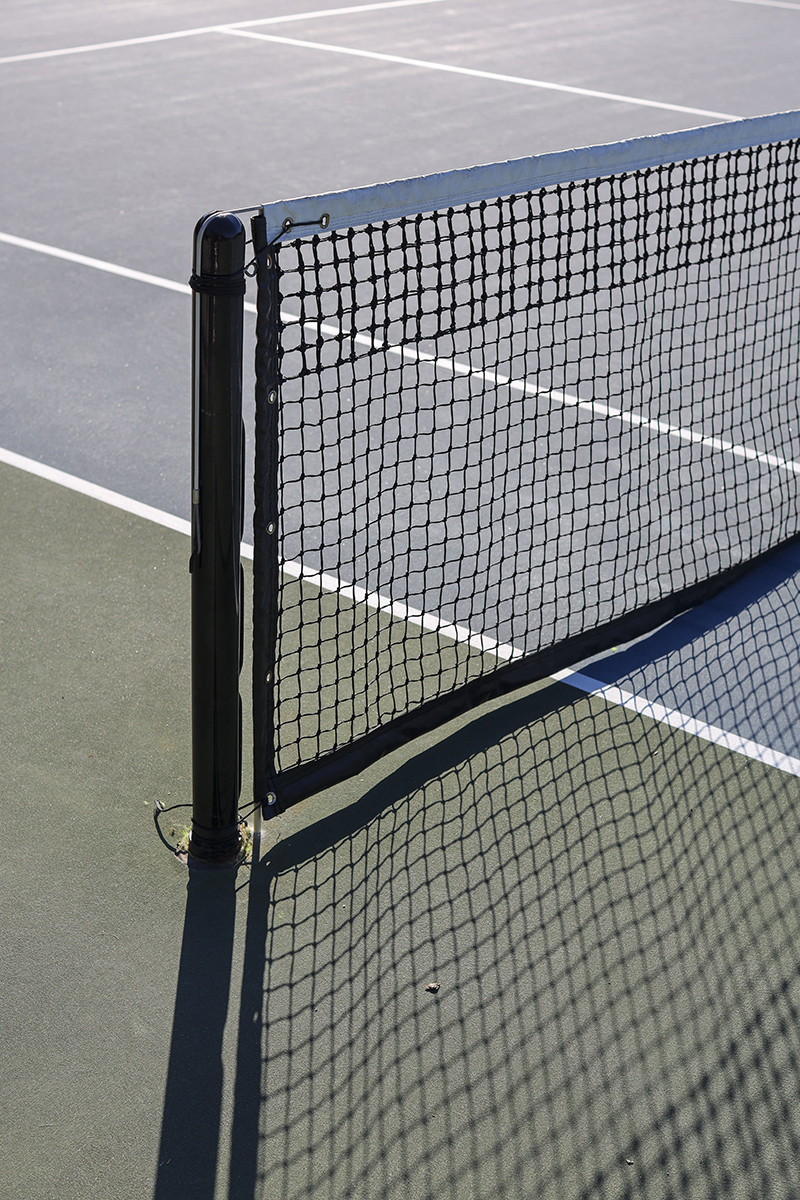
The guy who child-proofs our home was at our house the other day. He was mounting furniture to the walls and made some friendly conversation while I was at my computer in the same room. He asked if I have any hobbies, and I wasn’t really sure how to answer his question. My answer would have been too complex since most of my hobbies and interests revolve around what I do for work. I do so many different things for work, and these days, it feels like my leisure activities are getting together with friends. As an adult, you likely do not have a lot of time outside of work, and add in family to that and life often feels full enough. But I would argue that trying new things and pursuing new interests is great for your mental health. So whether you’re looking for a new hobby or new skills, I want to talk about how to find a hobby you love as an adult. I’ll share some different things I’ve tried, and different hobbies you might be interested in as an adult.
How To Find a Hobby You Love When You’re an Adult
Chances are that you don’t have that much free time. Or that you spend most of that “free” time unwinding and watching TV at the end of the day. No judgment or shame in that – I love a good show. Before kids, I had a lot of hobbies. Working out was a big one for me – it was something I did 4-5 days a week, and I’ve struggled to maintain any normalcy with that with work and kids. But it’s so nice (and essential) to have something you love to do, that’s completely separate from work. Something you enjoy that fulfills you mentally, emotionally, physically, or creatively. Adult hobbies are so good for us, and we often get lost and pulled away from the things we love once we start working, or have kids. Let’s talk about how to find a hobby you love as an adult.
Think About Your Interests and Passions
The first step to considering potential hobbies is to think about the things you currently enjoy. Do you love interior design shows and magazines, reading food blogs, home improvement projects, or working out? These interests can be a good starting point for exploring new hobbies. Did you love drawing, building models, or playing a musical instrument as a child? Revisiting these activities can reignite a passion that has been dormant for years.
Starting small will keep you from feeling overwhelmed. If you’re interested in creative writing, start with an online creative writing course and block off some time each week to devote to writing. Or start a blog! If you’re interested in photography, come up with some realistic goals for how often you might shoot, and for learning new skills.
Think About What You’re Good At
Assessing your skills and strengths can be a great way to find a new hobby. Are you good at organizing? Do you love to cook or bake? Your existing skills might help guide you towards a hobby that you enjoy. that’s not to say you have to be good at the thing you’re interested in. But if you can’t think of something you want to try, starting with the things you’re good at might lead you to the thing you love.
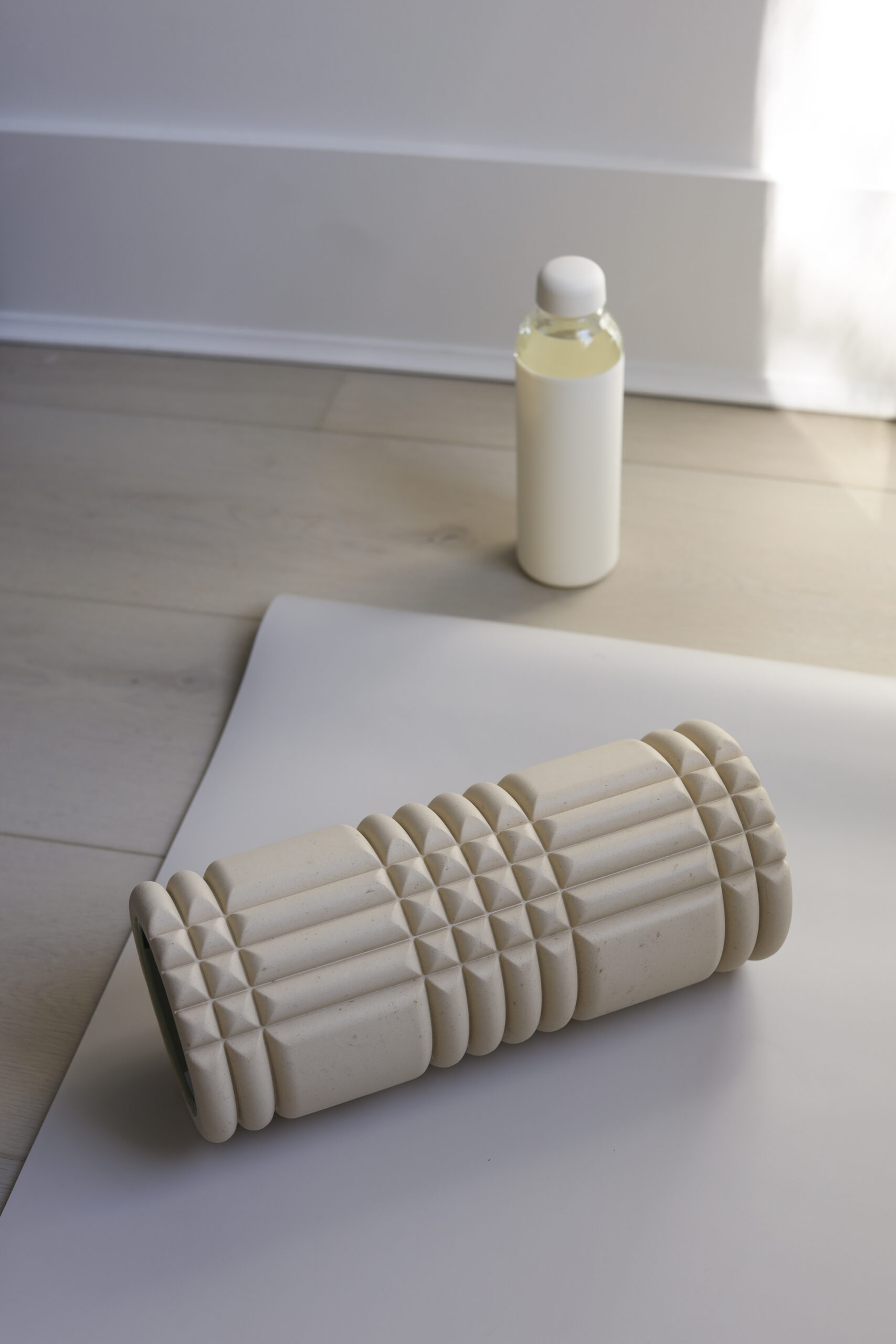
Explore New Activities
Stepping out of your comfort zone can be a great way to find a new hobby. Considering trying activities you’ve never attempted before, like dance classes, rock climbing, or cooking classes is a great place to start. It can take time to truly enjoy and feel good about a new hobby, and you’re not going to like everything you try. Give it time and patience, and you’ll know when you find the thing you love.
Attend Workshops and Classes
Local community centers, libraries, and adult classes often offer a variety of workshops and classes. These can be an great way to try something new and are a nice way to meet new people too. I took a graphic design course at a local college, and that’s where I learned enough about Photoshop to land a graphic design internship. I eventually started designing blogs, and it all really started with a class.
Join Clubs and Groups
Many hobbies have clubs or groups where you can meet people interested in the same thing as you. Whether it’s a book club, or running group, joining a group can be a great opportunity to try something new and meet new people. I used to go to CrossFit 4-5 days a week, and had my group of friends that worked out together at the same time.
Do Some “Research”
Books and magazines related to hobbies can provide inspiration and ideas. Whether it’s a cookbook, a travel magazine, or a DIY manual, these resources can spark your interest and creativity. Museums, art galleries, and cultural exhibits can expose you to new interests and hobbies. Whether it’s art, history, or science, these outings can provide creative inspiration. Documentaries and television shows can introduce you to a wide range of activities and interests, from cooking and crafting to sports and travel.
Think About What Fits In To Your Lifestyle
Finding a hobby that fits seamlessly into your daily life can make it easier to stick with it long term. Consider how your new hobby can complement your existing responsibilities and commitments. Chances are that you don’t have that much time to devote to a hobby. Are you looking for social activity or something you can do on your own? Do you have time for a weekly class? How much money do you want to devote to this new hobby? The right hobby is one that is both realistic and enjoyable.
Involving family and friends in your hobby can make them a lot more fun. And it can be nice to have someone to try something new with. Whether it’s cooking meals together, playing board games, or gardening, shared hobbies can strengthen relationships and create lasting memories.
Consider Using Technology
Online classes and apps are probably the easiest way to try something new with complete flexibility. Websites like MasterClass and Skillshare offer a wide variety of classes that you can fit into your busy schedule when you have time. I would just recommend figuring out some sort of time management system where you actually block off time to devote to this hobby weekly. Put it in your calendar once or twice a week or you won’t do it.
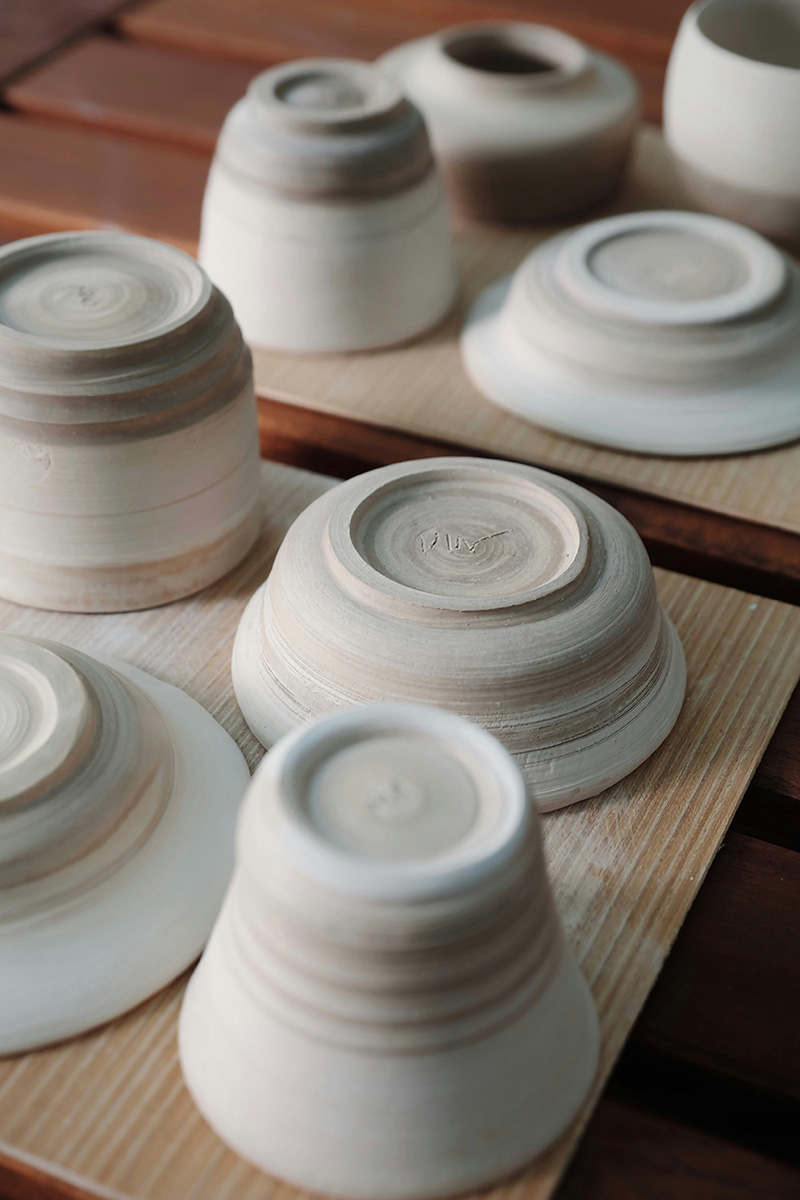
Hobbies to Try
When considering hobbies, it’s important to explore range of activities that might work for your interests and lifestyle. Creative hobbies like painting, drawing, and crafting allow for self-expression and the satisfaction of making something unique. Physical hobbies like running, walking, yoga, and team sports, help maintain fitness and can improve mental health. Intellectual hobbies like reading, puzzles, and learning a new language, stimulate the mind and encourage continuous learning. Social hobbies, such as volunteering, dancing, and cooking, offer opportunities to connect with others and build a sense of community. Here’s an extensive list of hobbies to consider if you’re not sure where to start.
I’ve been so inspired by friends who have turned a new thing into a passion or career. I have a friend who started doing sidewalk chalk during the pandemic and created a business. She tried painting when it got cold and started doing murals! Another friend started painting for fun, then selling her work, then connecting artists with designers, and eventually opened her own gallery. That’s not to say that a hobby can’t just be something you enjoy, but you never know what doors it might open up.
Creative Hobbies
Creative hobbies like painting, drawing, and writing allow individuals to express themselves artistically. These hobbies can be a therapeutic and fulfilling way channel your imagination. These activities can significantly boost mental well-being and provide a sense of accomplishment, too.
Painting and Drawing: Painting and drawing provide a therapeutic outlet for self-expression and creativity, allowing you to explore your artistic side. These activities can help improve focus, patience, and hand-eye coordination while producing something that you love.
Writing: Consider a creative writing course, or just start writing if its something you enjoy. Writing can be a powerful way to work through your thoughts. It can enhance communication skills and provide a therapeutic release, whether through journaling, fiction, or poetry. Starting a blog was initially a hobby that I never would have imagined would turn into a full time job with lots of “hobbies” – design, photography, graphic design, and more.
Pottery: Pottery offers a hands-on creative experience that combines artistry with craftsmanship, producing functional and decorative pieces. The process of molding and shaping clay sound like a lot of fun.
Crafting: From needlepointing to woodworking and beading, crafting can be both relaxing and productive. I started needlepointing a year or two ago and really enjoyed it, but dropped off. Summer doesn’t feel like the time to start, but it’s something I’d like to do more of when it cools down. And I just got a cricut, which has been so fun to use.
Photography: Photography allows you to capture and preserve moments, enhancing your appreciation of the world around you. It can be both a creative and technical hobby, involving skills in composition, lighting, and editing. I love photography. It’s such a fun way to document life and the world around you.
Physical Hobbies
Physical hobbies like running, walking, and yoga help maintain physical fitness and improve overall health. Team sports not only provide an excellent workout but also foster camaraderie and social interaction. Regular physical activity can reduce stress, enhance mood, and increase energy levels.
Running and Walking: Running and walking are accessible forms of exercise that improve cardiovascular health and boost mental well-being. These activities can be enjoyed individually or in groups, offering flexibility and the opportunity to explore different environments.
Yoga and Meditation: Yoga and meditation promote physical flexibility and mental clarity, helping to reduce stress and improve overall well-being. These practices encourage mindfulness, balance, and a deeper connection between mind and body.
Team Sports: Team sports like soccer, basketball, and volleyball foster teamwork, communication, and physical fitness. Participating in team sports can build camaraderie and provide a sense of community and belonging.
Cycling: Cycling is a great way to move your body and see new places, too. One of my best friends has gotten really into cycling – she’s cycled some really amazing trails in CA and even rented bikes in Hawaii.
Paddle Sports: These are a fun and social way to try something physical. Consider tennis, pickle ball, or paddle ball to stay active, meet new people, and to try something new. My husband has gotten really into tennis. He plays a few times a week, watches tennis, and wants to go to Wimbledon for his 40th. You never know where a new physical hobby might take you.
Intellectual Hobbies
Intellectual hobbies like reading, puzzles, and games stimulate the mind and keep it sharp. Learning a new language can be both challenging and rewarding, offering insights into different cultures and enhancing cognitive abilities. These activities promote mental agility and lifelong learning.
Reading: Reading expands your knowledge and imagination, transporting you to different worlds and perspectives. It is a relaxing and enriching activity that can improve vocabulary and comprehension, too.
Puzzles and Games: I’ve started doing puzzles with my oldest daughter and it’s been such a fun thing to do together. Puzzles and games, such as chess, sudoku, and board games, challenge the mind and enhance problem-solving skills. These activities can be entertaining and intellectually stimulating. I love that puzzles have pushed us to think critically and work together.
Learning a Language: Learning a language opens up new cultural and social opportunities, enhancing communication and cognitive abilities. It can be a rewarding challenge that broadens your understanding of different cultures and perspectives.

Social Hobbies
Social hobbies such as volunteering, dancing, and cooking allow individuals to connect with others and build a sense of community. Participating in group activities fosters relationships and enhances social skills. These hobbies often lead to lasting friendships and a greater sense of belonging.
Volunteer Work: Volunteer work allows you to give back to the community, providing a sense of purpose and fulfillment. It can help build new skills, create connections, and make a positive impact on the lives of others.
Dancing: Whether it’s ballroom, salsa, or hip-hop, dancing can be a fun way to stay active and meet new people.
Cooking and Baking: Sharing homemade meals and treats can bring people together and allow you to explore new flavors.
The Benefits of Having a Hobby
Engaging in a hobby can provide a much-needed escape from the pressures of daily life, offering a mental break and reducing stress levels. Hobbies can help you develop new skills, boost your confidence, and give you a sense of accomplishment. Many hobbies involve social interaction, helping you meet new people and build a supportive community. Physical hobbies can improve your fitness, while creative and intellectual hobbies can enhance your mental health and well-being.
Finding a hobby as an adult can add joy and balance to your life. By thinking about your interests, exploring new activities, leveraging technology, and being patient with yourself, you can find the right hobby for you. Whether it’s a creative pursuit, a physical activity, an intellectual challenge, or a social endeavor, the right hobby can bring numerous benefits to your life. Embrace the process, be open to new experiences, and you’ll find the thing you love.

